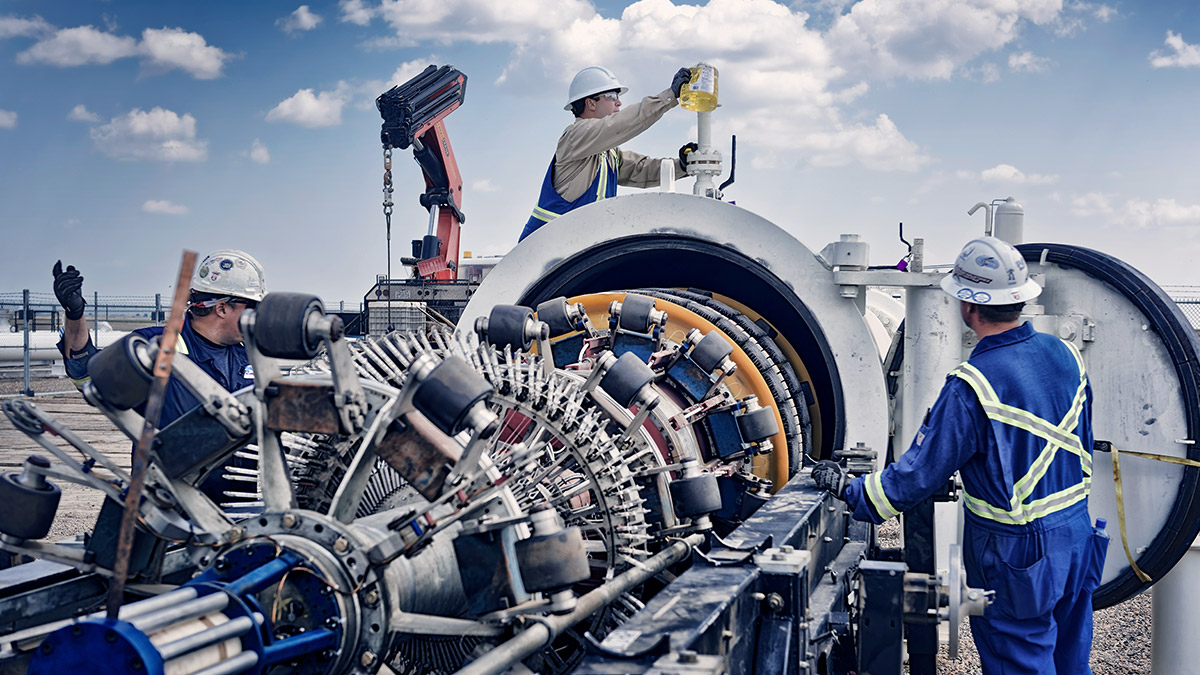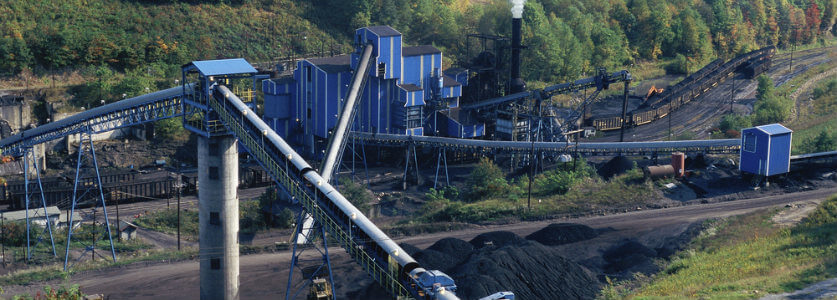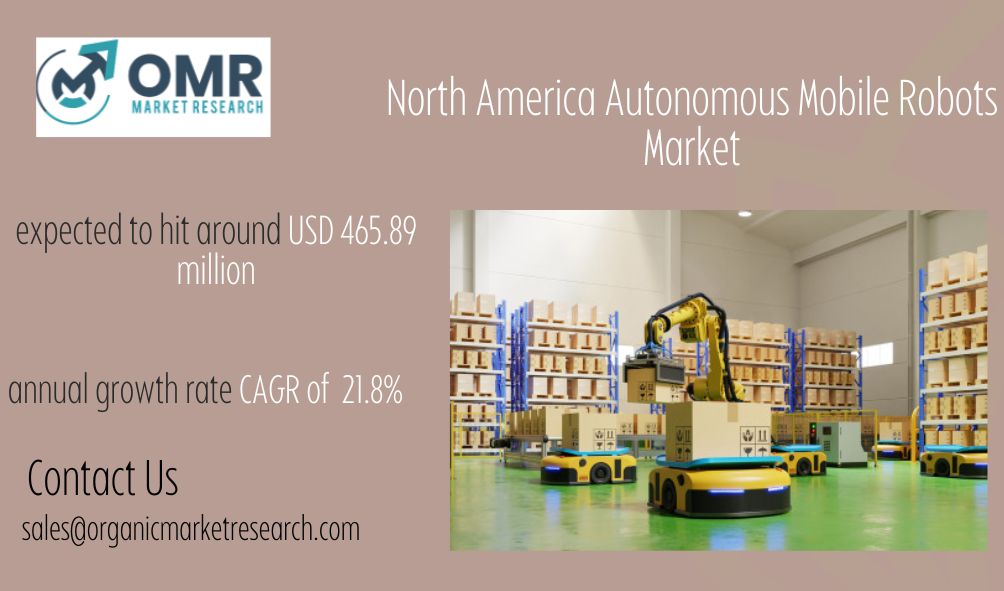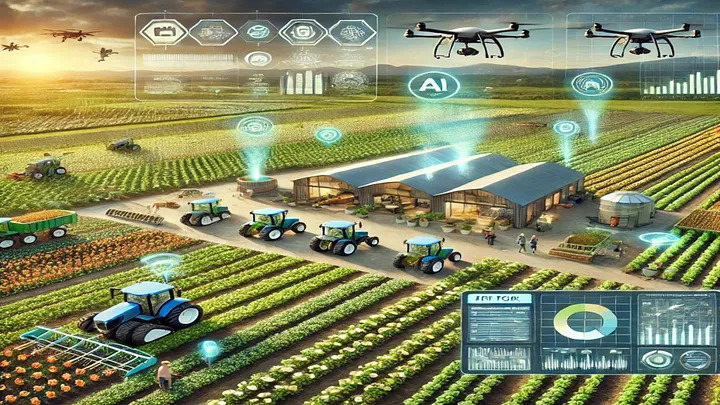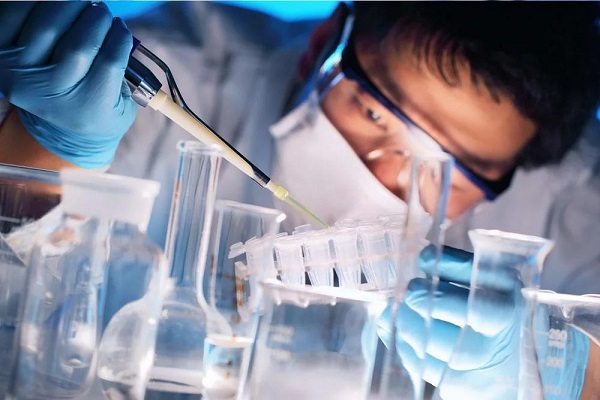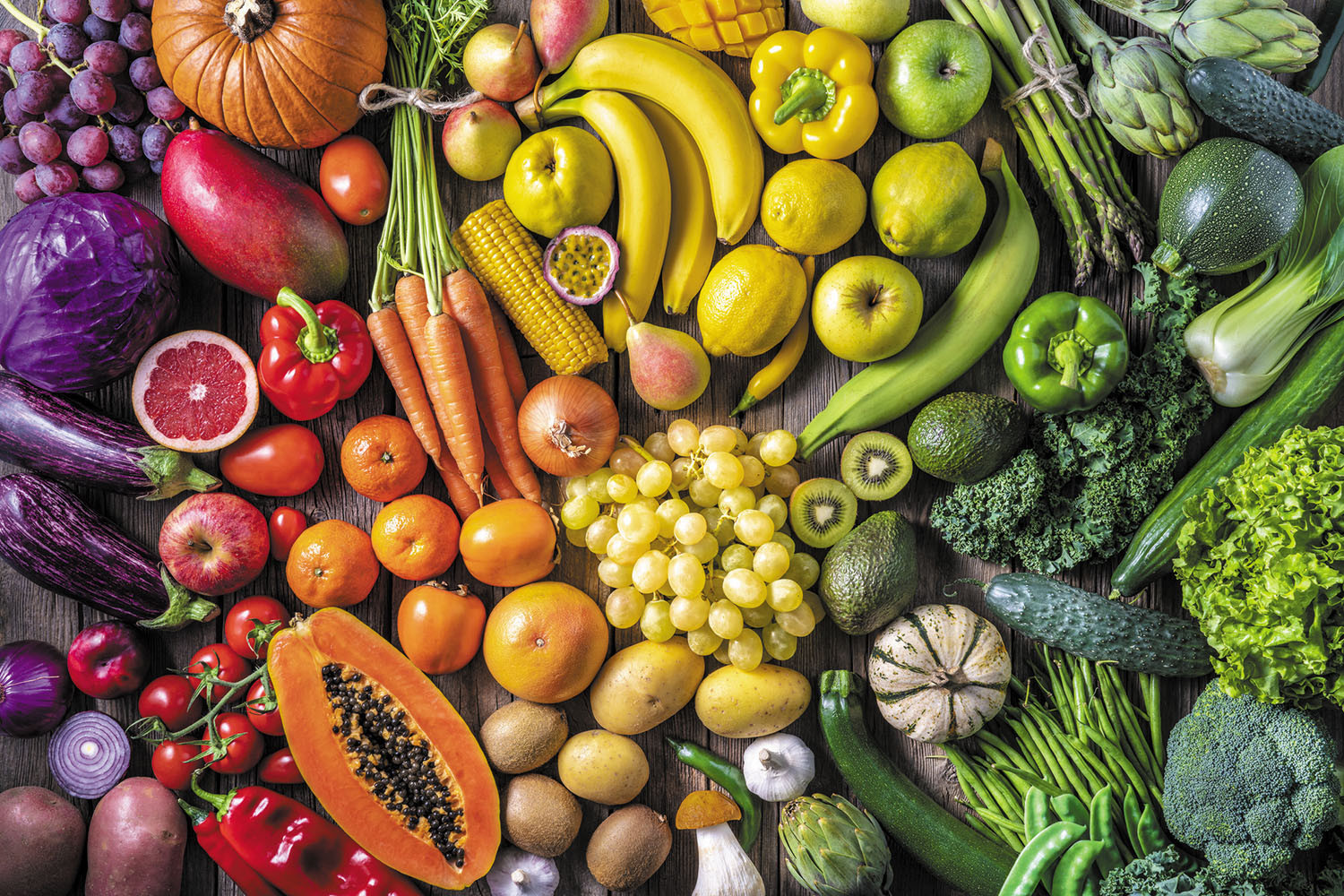The global AI in agriculture market, valued at USD 2.26 billion in 2024, is set for significant growth, with projections indicating it will reach approximately USD 13.32 billion by 2035. This growth is anticipated to occur at a compound annual growth rate (CAGR) of 20.2% from 2025 to 2035. The market’s expansion is driven by technological advancements, the rising demand for sustainable farming practices, and the growing adoption of AI-driven solutions like precision farming, drone analytics, and agriculture robots.
Precision Farming and Drone Analytics Revolutionizing Agriculture
Among the various AI applications in agriculture, precision farming holds the largest market share. This technology uses AI to analyze data from sensors, drones, and satellite imagery to optimize irrigation, fertilization, and pest control practices. As water conservation and resource optimization become crucial, precision farming provides actionable insights that minimize waste and maximize crop yield.
AI-powered drones are also gaining traction in the market. Equipped with advanced imaging technologies and AI algorithms, drones are used to monitor crop health, detect diseases, and perform automated spraying of pesticides and fertilizers. These drones enhance operational efficiency, allowing farmers to intervene at the right time, leading to better crop quality and higher productivity.
Click To Get Complete Details : https://www.organicmarketresearch.com/global-ai-in-agriculture-market
Sustainability and Crop Management to Accelerate Growth
The growing global demand for food, coupled with the need for environmentally sustainable farming practices, is fueling the adoption of AI in agriculture. AI-driven solutions help farmers optimize resource usage, reduce chemical inputs, and increase food production with minimal environmental impact. Additionally, AI technologies are crucial in improving crop management and yield predictions by using sensors, drones, and satellite imagery to monitor variables such as soil moisture, temperature, and nutrient levels. These capabilities enable farmers to make informed, proactive decisions, which ultimately lead to improved crop productivity and better resource management.
Market Barriers: Data Privacy and Technical Skill Gaps
Despite the significant growth prospects, there are challenges to the widespread adoption of AI in agriculture. One major concern is data privacy and security. The collection and analysis of vast amounts of sensitive data from farm operations raise fears of misuse and cyber threats, particularly in an increasingly digitalized agricultural environment. Farmers are cautious about sharing data due to the risk of breaches or unauthorized access, which could jeopardize their business operations.
Additionally, lack of digital literacy and technical skills poses a barrier to AI adoption, especially in rural areas. Many farmers may lack the knowledge to operate complex AI systems or interpret the data provided by AI-powered tools. To overcome this challenge, there is a need for comprehensive education and training programs to equip farmers with the skills needed to leverage AI technologies effectively.
Opportunities: AI-Powered Drones, Livestock Monitoring, and Remote Sensing
AI-powered drones and remote sensing technologies present significant market opportunities. Drones equipped with AI algorithms are not only used for monitoring crop health and detecting diseases, but they can also assist with automated spraying, reducing the overall use of chemicals and improving cost efficiency. AI-powered remote sensing can detect under-irrigated areas and nutrient-deficient soils, enabling farmers to target resources more effectively.
In livestock farming, AI technologies are increasingly used for monitoring animal health. Sensors and wearable devices track vital signs and behavior patterns, helping farmers identify health issues early and optimize care. Predictive analytics can also help forecast potential disease outbreaks, allowing farmers to take preventive measures and improve animal welfare.
Competitive Landscape and Key Market Players
The global AI in agriculture market is highly competitive, with major players such as Blue River Technology (John Deere), Climate LLC, Corteva, Deere & Company, Ecorobotix SA, Farmers Edge Inc., IBM, Microsoft, Trimble Inc., and Valmont Industries leading the way. These companies are focusing on research and development, product innovations, and strategic partnerships to strengthen their market presence. Collaboration with technology providers and ongoing advancements in AI are key to maintaining competitiveness in this rapidly evolving sector.
Contact Us:
Mob : +91 9319642100
Sales : sales@organicmarketresearch.com
Website : https://www.organicmarketresearch.com

